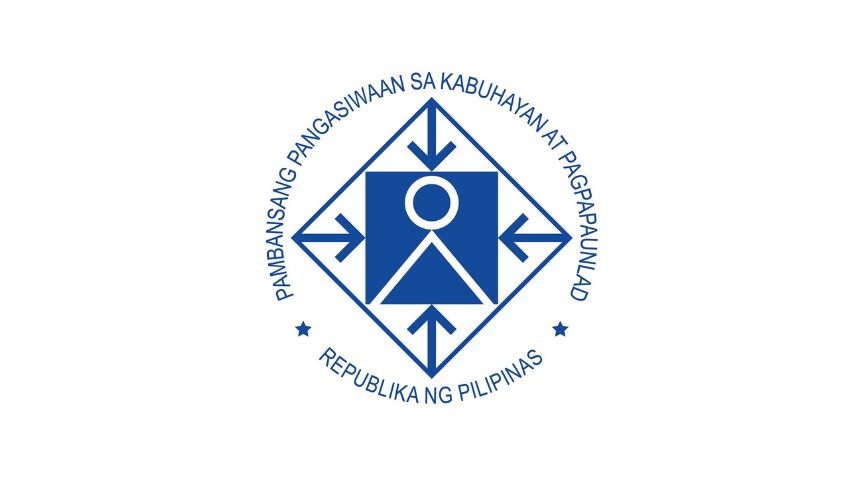

(C) NEDA
The Philippine Statistics Authority (PSA) unveiled a startling statistic on Monday: P64 ($1.12) daily for three meals sets the country’s food-poverty level. Seemingly virtually unworkable, this number is shockingly near to the $2.15 (around P123) daily global poverty threshold. The declaration has started a discussion about the reality of living on such a low income and how it affects Filipino families.
Knowing the Food-Poverty Threshold
Previously stating that the monthly food threshold for a household of five stands at P9,581 (US$167.46), the National Economic and Development Authority (NEDA) translates this into roughly P20 (US$0.35) every meal. This computation suggests that a family of five has to make daily food purchases of P320 (about US$5.59) survive. Critics contend that given the growing expenses of living and food, this is not enough to cover a family’s dietary demands.
Defending the P64 per person food-poverty benchmark, Bernadette Balamban, the head statistical specialist of the PSA’s poverty and human development statistics division, She said that this number is predicated on food item average cost in 2023. As advised by the Food and Nutrition Research Institute (FNRI), the threshold is meant to represent the minimum amount needed to preserve basic health and nutritional criteria.
The FNRI has developed a “food bundle” meant to satisfy Filipino dietary demands while keeping to the P64 daily budget, hence supporting the food-poverty threshold. The National Capital Region (NCR) advised menu consists of:
Breakfast is scrambled eggs, coffee with milk, boiling rice; lunch is boiled monggo with malunggay, banana latundan, and rice; dinner is fried tulingan, boiled kangkong, boiled rice, and pandesal.
Although this plan is meant to offer a balanced consumption of vital nutrients, it also presumptions that meals are made at home. The FNRI’s recommendations are predicated on the idea that home cooking is less expensive than ready-made food buying. Actually, many Filipinos—especially those living in cities—may lack the time or means to prepare daily meals.
The Difference and Complaintfulness
Slightly higher at P361 daily or P72 per person, the food-poverty criterion for NCR reflects regional differences in food prices. This emphasizes the substantial difference in urban and rural cost of life. Critics contend that the P64 daily budget ignores the real expenses required in keeping a balanced diet, particularly in cities where living expenses are higher.
Many advocacy groups have expressed worries on the suitability of this level. They contend that it ignores the extra costs related to education, healthcare, and transportation, which further tax low-income families’s budgets. The barrier also assumes that people have access to reasonably priced, wholesome food, which could not be the situation in every place.
The argument concerning the food-poverty threshold highlights more general problems with poverty and food security in the Philippines. Local problems as well as world ones have caused the nation great economic difficulties recently. The difference between the food-poverty threshold and the real cost of living widens as food costs keep rising and living expenses climb.
The discussion also covers the need of more all-encompassing strategies to solve poverty and food shortage. Although the PSA and NEDA’s numbers are based on statistical models and nutritional guidelines, they might not entirely reflect the complexity experienced by many Filipino homes. Although the food-poverty level is a benchmark, it is obvious that more actions are required to guarantee that every Filipino may get enough wholesome food.
Going Forward
The conversation should take into account the statistical facts as well as the personal accounts of people living under poverty. Dealing with food poverty calls for a multifarious strategy including raising income levels, lowering living expenses, and guaranteeing availability of reasonably priced, wholesome food. The continuous discussion emphasizes the need of a more complex knowledge of poverty and food security that transcends numerical limits to solve the practical problems millions of Filipinos experience.
In essence, even if the P64 daily budget could provide a basis for conversations on food poverty, it is important to acknowledge the wider consequences for persons living in poverty. Policies and initiatives aiming at giving families real help should be developed so that they may not only survive but also flourish in a progressively difficult economic climate.
Established in the year 1921 and it still continues to showcase the legacy of this game through generations. This ‘Emperor’s…
The NBA Playoffs of 2025 would have much perdition during the matches of the second round. In the East, the…
Jimmy O.Yang, the Asian standup comedian established his name in the international stage and he is more popular among the…
Bill Gates of the Bill & Melinda Gates Foundation declared during the Philanthropy Asia Summit on May 5, 2025 that…
The game changer of the Netflix streaming is the South Korean nail biting survival thriller web series “Squid Game” and…
BLACKPINK is planning their fourth concert tour across the globe and their brand-new album for release in 2025. Member Lisa…
This website uses cookies.
Read More